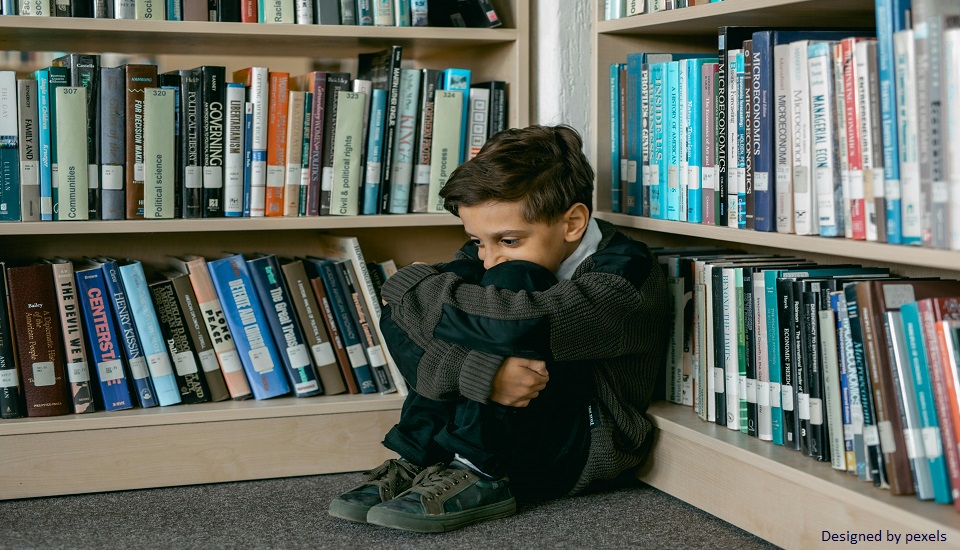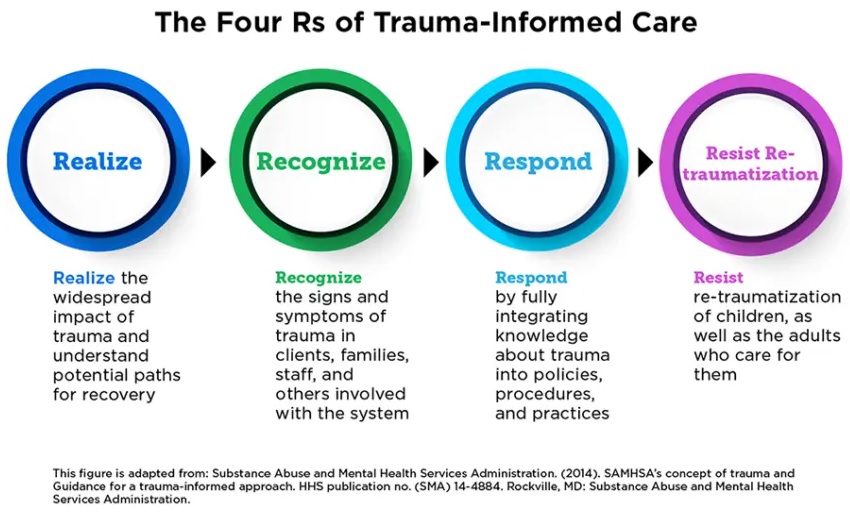Creating Safe Spaces How Trauma-Informed Practices Empower Your Students?
29th May 2024
Most of the children have gone through different traumatic experiences in their lives on a smaller or bigger level. Due to this several children are not being able to deal with their past traumatic experiences and this affects every aspect of their lives.
However, you can help your traumatized students to overcome the bad phases of their life with Trauma-Informed Teaching skills, which those teachers are already aware of who have pursued courses like the Certificate in Counselling Course for Teachers. With this method, you can create a safe classroom environment, build positive relationships with students, and also help students to develop self-efficacy skills.
If you also want to know more about Trauma-Informed Teaching skills, then we have got you covered.
In this blog post, we will be sharing some of the most common trauma-informed practices that you can use in your classroom to help students to deal with their trauma and excel in their lives.
Before you move to the topic, can we ask you a quick question? Do you follow us on Social Media? If not, then you’re missing out on a lot of informative content. We regularly share upgraded educational content, tips, feedback, and more. Check us out by clicking the profiles here - Facebook / Twitter / LinkedIn / Pinterest / Instagram / YouTube
So, without any further delay, let’s get started.

Source: childtrends.org
Understand Their Triggers
Various events, tasks, or activities could lead to traumatic experiences for students. This could also lead to affect their psychology and they exhibit trauma responses. As a responsible teacher, you must seek to know the root cause of any traumatic experience that your student might have faced. You can consider taking the help of your school community members like- school teachers, and staff as well.
Create Non-Judgemental Environment
Whenever any student shows disruptive behaviour it’s not always intentional or purposeful. There’s always an underlying root cause like trauma responses might be the reason for students showing non-compliant behaviour.
Consider creating a safe and judgment-free environment in your classroom, where any students can share their trauma-related experiences and you can listen to them with an open mind and aim to provide necessary guidance to them.
You can also consider creating support strategies for them by creating safe places where they can express their feelings. Such as-
- Journaling
- Relaxing Spaces
- Plan for Positive Behaviour, etc.
Encourage Students to Develop Growth Mindset
As a responsible counselling teacher, you must give positive feedback to every student that encourages students to develop their growth mindset. This will also help them to strengthen themselves to deal with traumatic situations and experiences.
Build Positive Relationship
Consider building positive relationships with every student by creating a transparent and supportive school environment. For creating a positive culture in school, you should also consider developing positive relationships with student’s parents and the community as well.
Accept Student As They Are
Those students who are going through trauma response behaviours, are not be able to recognize their feelings, behaviour, emotions, and thoughts fully. So, it’s suggested not to ask probing questions continuously, which could make them uncomfortable. Instead, accept where they are mentally and give them proper time to respond.
Take Professional’s Help
Sometimes you may feel that some students who are going through trauma response behaviours may need extra assistance and you can’t deal with it alone. You can consider taking assistance from school psychologists, school social workers, school counsellors, etc. They can share their expertise to solve student’s different alarming situations.
Pay Attention to Yourself
To support students with trauma response behaviours requires teachers to constantly create effective strategies and implement them to ensure students’ wellness. However, to take care of your students, you need to prioritize your wellness to provide the required support to your students.
Help Your Students to Overcome Trauma Response Behaviour
Students who show trauma response behaviour have gone through traumatic experiences and may not be able to deal with their emotions and thoughts. However, with the above-mentioned Trauma-Informed Teaching skills you can help students deal with their traumatic experiences and trauma response behaviour.
If you want to learn more effective strategies to understand the root cause of a student’s behaviour and provide the necessary support, then consider pursuing courses like the Certificate in Counselling Course for Teachers, where you will gain fundamental knowledge in counselling.
We believe education should be accessible for everyone. That’s why we don’t charge for our blogs. Find the right course that will help you in your career with us, contact us at - 1800–212–6400. You can mail us at act@asiancollegeofteachers.com.
Written By : Sanjana